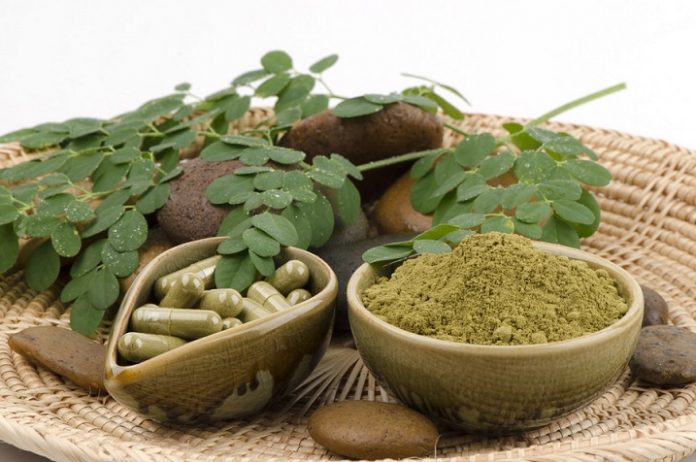First the DEA, now the FDA is trying to ban kratom: don’t let them

For the second time in as many years, the federal government is pushing to criminalize the use of kratom, a natural botanical supplement from the coffee family that patients have used for years to manage pain, opioid withdrawal symptoms, and depression. This time around, the US Food and Drug Administration (FDA) published an advisory stating certain dangers the coffee-like herb poses. In response, the American Kratom Association has initiated a formal dispute resolution petition, calling on activists and kratom users to mobilize once again to testify about the medical benefits of kratom, as well as the mischaracterizations from the FDA.
The initial ban proposal the DEA made in August of 2016 shocked the kratom community, which is comprised of a wide spectrum of patients who need medical care for various conditions, including arthritis, chronic pain, depression, anxiety, opioid withdrawal, PTSD and others. Nearly all of them have found major relief from their symptoms through kratom with minimal to no side effects. If kratom were banned, many of them would be forced to resort to prescription pills or live in pain.
Kratom is a unique medicinal solution that has been used for thousands of years and, unlike the prescription and non-prescription opioids it is often compared to, it does not cause respiratory depression. This is because kratom’s primary alkaloid, mitragynine, binds to delta opioid receptors rather than the mu receptors. So while it stimulates the same feel-good chemicals as a drug like, say, Percocet, it does not cause overdose. While law enforcement officials parrot mainstream print publications to claim that kratom is a public health risk, the evidence does not bear this out. To date, not a single case of death due to overdose can be traced to a person taking only kratom.
Yet in its new advisory, the FDA claims there are “deadly risks” associated with kratom. Scott Gottlieb, commissioner of the Food and Drug Administration, said last Tuesday:
“We’ve learned a tragic lesson from the opioid crisis: that we must pay early attention to the potential for new products to cause addiction and we must take strong, decisive measures to intervene. From the outset, the FDA must use its authority to protect the public from addictive substances like kratom, both as part of our commitment to stemming the opioid epidemic and preventing another from taking hold.”
In response, the American Kratom Association issued the following statement:
“For years, the FDA has published scientifically inaccurate information on the health effects of consuming kratom, directly influencing regulatory actions by the DEA, states, and various local government entities. AKA believes the FDA health advisory on kratom will lead to more state and local bans, all based on discredited, incomplete, and mischaracterized scientific claims …”
The AKA’s research includes a review last year by Jack Henningfield, Ph.D., who is one of the world’s leading experts on addiction and the behavioral, cognitive, and central nervous system effects of drugs. Henningfield conducted an 8-factor assessment on kratom that concluded it has a very low risk of serious adverse effects, provides positive relief from pain and fatigue, and should not be considered a public health risk.
With kratom use growing in recent years and the public growing weary of prescription pain medications amid an addiction and overdose epidemic, many view the crackdown on kratom as an effort by the government to appease pharmaceutical companies who may be concerned about profits. Between 2008 and 2016, three synthetic opioids were synthesized from alkaloids found in kratom. The companies filing the patents on these alkaloids note multiple medicinal benefits, including opioid withdrawal.
At some point, the question has to be bluntly asked: Is the government pushing to restrict kratom out of concern for public health or concern for Big Pharma’s private profits? One would think that during an opioid epidemic, officials would be focused on restricting the drugs causing the overdoses, not on a safely ingestible plant that can help prevent them. We’ve seen this use of irresponsible illogic before by our federal government; let’s not make the same mistake again
If you oppose the government tightening restrictions on kratom, call 1-888-463-6332, press 3, then press 4, and tell your story. The FDA has not banned kratom yet but they are already discussing ways to make it harder to import into the country. The FDA and the DEA are trying to criminalize and imperil access to a safe medicinal option. They need to hear real stories of those who depend on it for pain relief and psychological well-being.
*Article originally appeared at The Anti Media.







